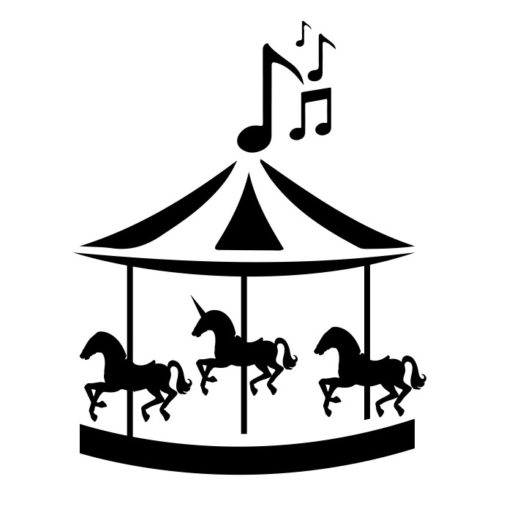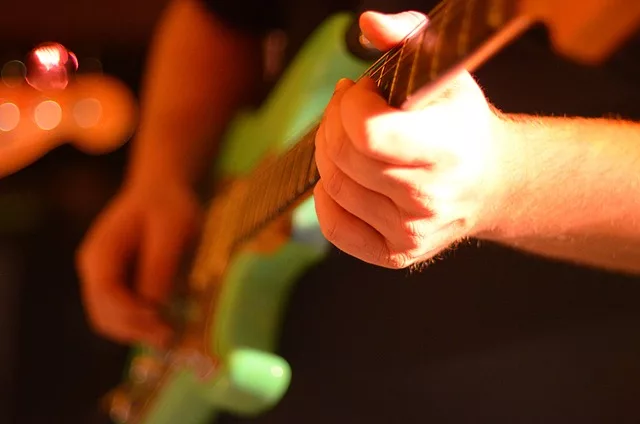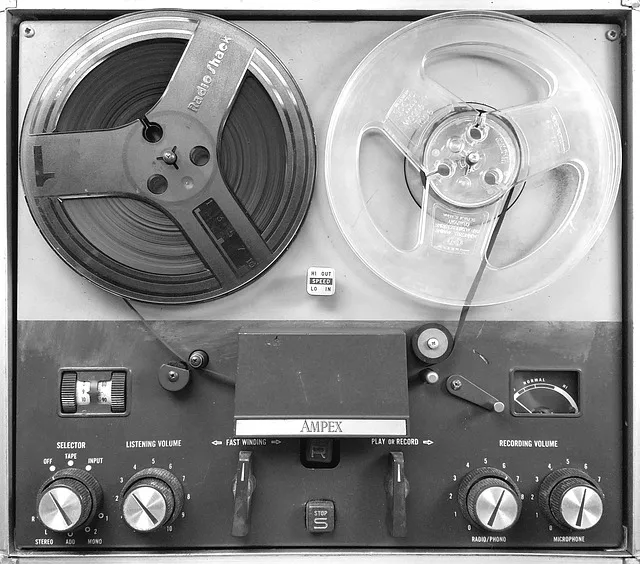DISCLAIMER: Parlor City Sound earns a commission (at no cost to you) if you click a link to Amazon and buy something while visiting this page. This is only applicable to Amazon links—we don't earn a sales commission from anyone else. Read our advertising disclosure & FAQ to learn more about our strict policies on affiliate marketing.
We recently tackled a fairly common question in our Q&A section that musicians often ask: do bands make money? And since then, we’ve been asked by a reader about one aspect of that earning potential in particular. How much does a band make per gig? Do bands really make any money performing live?
The real answer to that specific question—how much does a band make per gig—is honestly impossible to answer. There’s really no universal, one-size-fits-all answer to this question of how much bands make per gig. It’s going to vary wildly for each and every artist.
But while we can’t point toward a specific dollar amount and say “THAT!”, we can at least walk you through the variables that determine how much a band could earn per gig. We can tell you what to expect from your paying gigs, and dish up some (hopefully) useful tips on maximizing your band’s earning potential.
Gig pay 101

Image by 👀 Mabel Amber, who will one day from Pixabay
Whether it’s a dingy dive bar or a million-watt stadium, live music venues expect to turn a profit from offering an evening of entertainment. That usually involves selling lots of drinks and earning money from cover charges (an entry fee a person pays to get into the venue) or ticket sales.
The venue is essentially gambling on the idea that your band can bring in a crowd, and that the audience you attract will buy drinks. Keeping the audience entertained is important too, but remember: the venue is a business first and foremost. So as a general rule, the more popular an act is, locally and regionally, the safer a bet it is to book them.
When it comes to calculating how much a band makes per gig, the math gets pretty funky—no two music venues will necessarily add things up the same way. As a general rule, though, bands are paid in one of two ways: a flat rate, or some percentage of the gate (“the gate” being money taken in from covers and ticket sales). Sometimes you’ll even earn both.
How much does a band make per gig when they’re starting out?
If we held a contest to find the cringiest word in the music world, “exposure” might just be a finalist contender. That’s what some venues are willing to “pay” a new band starting out. And the idea is simple: you’re not making any money, but you’re getting exposure in front of a crowd of people. You’re building your fan base! And that’s pay in and of itself … right?
Early on, bands rarely earn substantial pay for their gigs. You shouldn’t expect that pay to be any greater than “exposure” ($0) to $500, and it’s usually going to come in on the much lower end of that scale. It’s not unheard of for a band to earn $100 to $300 per gig in their earlier days. But remember, that’s getting split up amongst your bandmates. So yeah … not great, unfortunately.
Cover bands tend to earn more in the local scene than original acts. They’re safer to book, given they’re playing established, popular songs. And they can often find work performing at gigs original bands struggle to book—weddings, graduation parties, corporate events, birthday parties, bar mitzvahs, you name it. Cover bands can earn thousands of dollars a night if they’re popular enough.
How much does a band make per gig after they’re established?
Once your band builds up a solid fanbase and has gained a good deal of popularity, you’ll start moving up on that pay scale. And you’ll be able to book bigger shows in larger venues, too.
This is a good time to start thinking about touring. You may want to start small, with regional tours where you’re sleeping at home each night. It’s a good way to get your feet wet in the touring world while growing your band’s popularity regionally.
Draw a circle of around 150 miles around your city. Everywhere within that radius should be within range to drive to and from in a day, and those are all local markets ripe for musical plunder.
Using the Binghamton music scene as an example, that radius includes everything from NYC to Rochester, Watertown to Philly. And it’s an especially good idea to get popular on a more local level, too. Syracuse, Ithaca, Scranton, Cortland, Elmira, Corning, Utica, Cooperstown, and Oneonta … they all have music fans waiting to hear what your band has to offer. And going just a bit further, you’re accessing markets in NYC, Toronto, Buffalo, Boston, Montreal, Washington DC, and more.
Touring bands can earn thousands of dollars per night, depending on what markets are available to them. And at this point, your bandmates might be doing this full-time and quitting those dreadful day jobs. Though you’re going to end up spending a lot of time on the road, which takes its toll.
Just be sure to keep those touring books nice and balanced. Hotels, gas, food, replacement accessories (strings, heads, sticks, etc.) … it all adds up quickly. That whole “life of a rockstar on the road” thing about sleeping in vans? It sucks. Avoid that if you can.
How much can your band earn per gig if you ‘make it’?

Now for the daydreamy bit: what if your band achieves superstardom? How much do the bigger bands earn per gig while touring?
The world’s more popular acts can draw hundreds of thousands of dollars per night, and the really top-flight acts can earn millions per night. Just think about a stadium with 30,000 filled seats at $150 per ticket. That’s a gross of $4.5 million, before you consider merch sales.
That’s not the band’s take-home of course. The venue, opening acts, vendors, management, staff, equipment, and other expenses will chop that dollar value up quite a bit. Still, one night can fetch each member of your band an average person’s yearly salary for an hour and a half of performing on stage. Not too shabby.
Not a lot of bands ever reach that top flight, but hey, wishful thinking never hurt anyone. And there’s absolutely nothing stopping you from reaching that level. Just remember the little guys like Parlor City Sound that gave you some decent advice in your early days!
Tips to help maximize your band’s earning potential from each gig
So how much does a band make per gig/ show? If that band is popular, gigging and touring can definitely pay the bills. But until a band reaches those upper echelons of popularity, they’re only going to earn a few hundred bucks a night … if they earn anything at all.
That said, here are some tips that can hopefully help your band maximize your earnings when gigging:
- Rehearse your set, and also your stagecraft! Bands that put on great live shows build fanbases more quickly. They also tend to book bigger gigs faster.
- Build your band’s online presence. This means making a band website and social media profiles, and keeping them all updated regularly. Make mailing lists, engage with audiences after shows, and really work toward building up as many fans as possible.
- Record a demo. You should make a decent three-song demo that can showcase your band’s sound. We have a guide explaining how to record a full band for as little money as possible that might help with this endeavor.
- Create a press kit. Your band really does need to make an electronic press kit, too, which should include that aforementioned demo. A lot of mid-sized and large venues will insist on seeing one.
- Sell merch. You may not sell many shirts early on, but it’s a good idea to start selling merch once your band has built up some traction. If you price things out appropriately, you really can earn a decent amount of money selling merchandise.
- Find management. A good manager will charge 10 to 20 percent of your profits, but they’ll book you bigger gigs with better pay, too.




